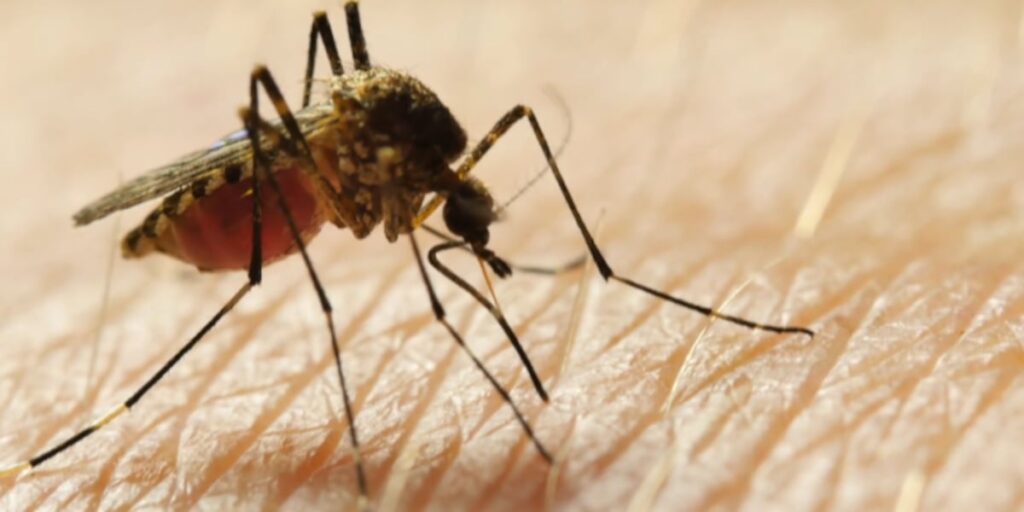
CINCINNATI — The Cincinnati Health Department has issued a warning to residents after a mosquito sample from Madisonville tested positive for West Nile virus. This marks the first confirmed detection of the virus in the city this year. Madisonville, a neighborhood nestled between Oakley, Fairfax, and the Kenwood area, is now on high alert.
The discovery was made during routine surveillance for mosquito-borne diseases, where health officials collect and test mosquito samples. Following the detection, the department is urging residents to adopt precautionary measures to safeguard themselves against the virus.
West Nile virus is transmitted to humans through mosquito bites. “We’ve confirmed its presence in the local mosquito population,” a health department spokesperson stated. “Fortunately, prevention steps are straightforward and effective, such as eliminating standing water and using repellents, particularly at dawn and dusk.”
Understanding West Nile Virus
West Nile virus is a mosquito-borne illness that can cause a range of symptoms in those infected. According to the Cincinnati Health Department, the incubation period typically spans two to six days, but can extend to 14 days in some cases.
While 70% to 80% of infected individuals remain asymptomatic, approximately one in five may experience symptoms such as fever, headache, body aches, rash, joint pain, vomiting, and diarrhea. Although most recover completely, less than 1% may develop severe neurological illnesses, including meningitis.
“About 10% of people with severe symptoms due to West Nile virus will die,” health officials warn.
Despite being the leading cause of mosquito-borne illness in the U.S., no vaccine is currently available for West Nile virus.
Preventive Measures Against West Nile Virus
With mosquito season spanning from May through September, residents are advised to take specific actions to minimize risk. The Cincinnati Health Department recommends:
- Limiting outdoor activities at dusk and dawn.
- Wearing light-colored, loose-fitting clothing, including long sleeves and pants.
- Using EPA-approved mosquito repellents.
- Avoiding stagnant water.
- Repairing or replacing torn screens on windows and doors.
- Using BTi briquettes in standing water that cannot be drained.
Impact on Pets and Wildlife
While cats and dogs can contract West Nile virus, they are less likely to suffer severe illness compared to humans and horses. Birds, including pet birds, are also susceptible.
Controlling Mosquito Breeding
Mosquitoes breed in stagnant water, and even small amounts can serve as breeding grounds. The health department encourages residents to eliminate potential breeding sites by:
- Cleaning gutters regularly.
- Emptying and turning over kiddie pools.
- Keeping water in larger pools circulating.
- Replacing water in bird baths and outdoor pet dishes frequently.
“Mosquito dunks are safe products that can kill mosquito larvae in ponds or larger water collections,” health officials say.
Historical Context and Recent Trends
West Nile virus is not new to Cincinnati. In 2024, the health department reported 24 mosquito pools testing positive for the virus, significantly higher than the average of six pools over the previous decade. However, there were no human infections reported that year. The last confirmed human case in Cincinnati was in 2015.
The announcement comes as health departments nationwide continue to monitor and manage mosquito populations amid changing climate patterns that may affect mosquito breeding seasons and virus transmission rates.
Residents are encouraged to remain vigilant and proactive in their preventive measures to reduce the risk of West Nile virus transmission. The Cincinnati Health Department will continue its surveillance and public education efforts to protect the community.






